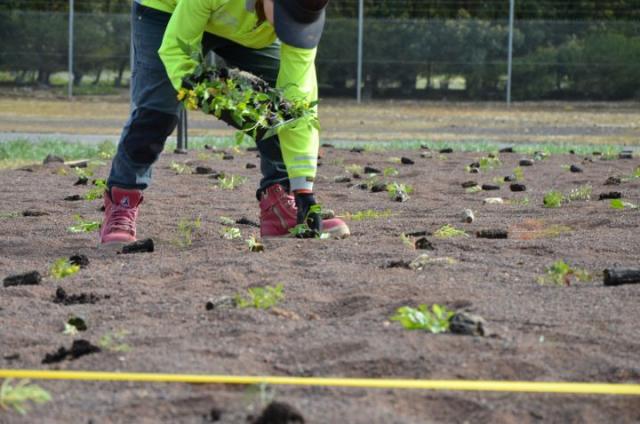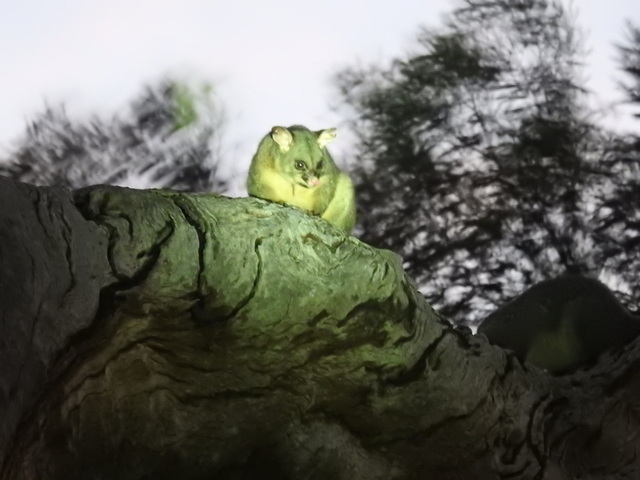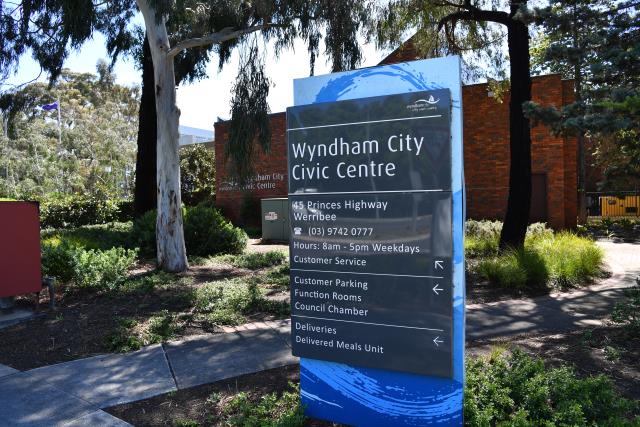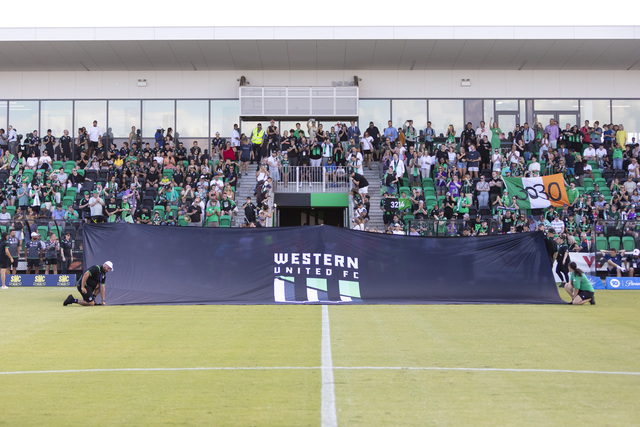Greater Western Water’s (GWW) Werribee Recycled Water Plant is the latest site to benefit
from the beauty of a Woody Meadows planting, as part of a University of Melbourne urban
greening research project.
Woody Meadows is a cost-effective method of public planting, using drought-resistant and
visually interesting native shrublands.
By planting a variety of plants that mimic the natural landscape, Woody Meadows create
vibrant displays that attract biodiverse wildlife and require minimal maintenance.
Last month, Australia’s latest Woody Meadow took root in two specially constructed 27 x 3
metre planter boxes at the Werribee Recycled Water Plant, established with 2,500 plants
donated by ecoDynamics.
Lead researcher on the Woody Meadows project, Associate Professor Claire Farrell, said the
University of Melbourne was excited to be working with GWW on a Woody Meadow designed
with locally indigenous shrub species.
“This site is a wonderful opportunity to test how well Woody Meadows will work in the west to
improve the quality of low maintenance public landscapes for people and biodiversity.”
GWW Chief People Officer Louise Meadows said the water corporation was proud to partner
with the University to test and demonstrate the success of Woody Meadows in Melbourne’s
west.
“We’re committed to increasing green spaces across our region and happy to share our site
to help discover new ways of greening the west.
“This Woody Meadow is also being watered with recycled water from the plant, demonstrating
the value of this climate resilient water source,” she said.
“We’re always seeking the best outcomes for people and Country, and contributing to this
research is an opportunity to help both,” she said.
Woody Meadows can be used in spaces like train stations, roadsides, small city gardens and
residential streetscapes. The research project aims to provide information on plant
performance, maintenance approaches and cost estimates to develop guidelines for how to
design and install Woody Meadows across Australia.







